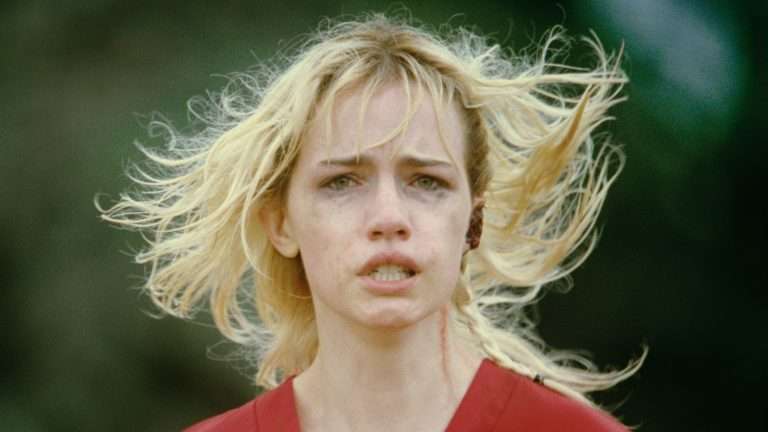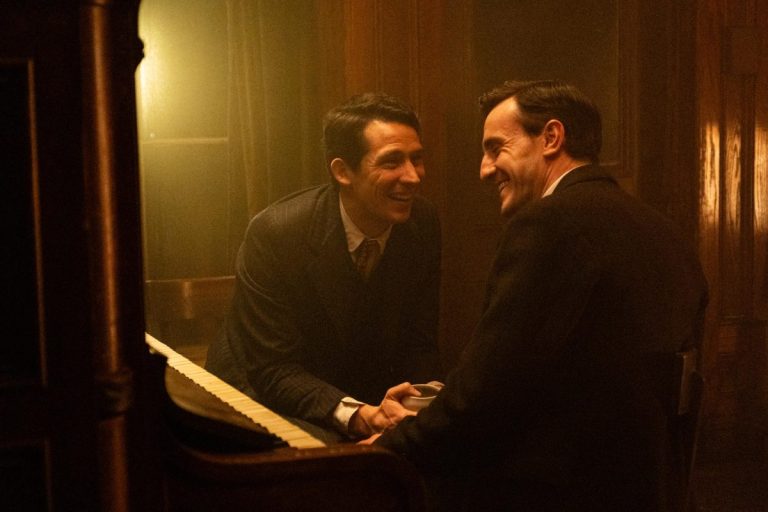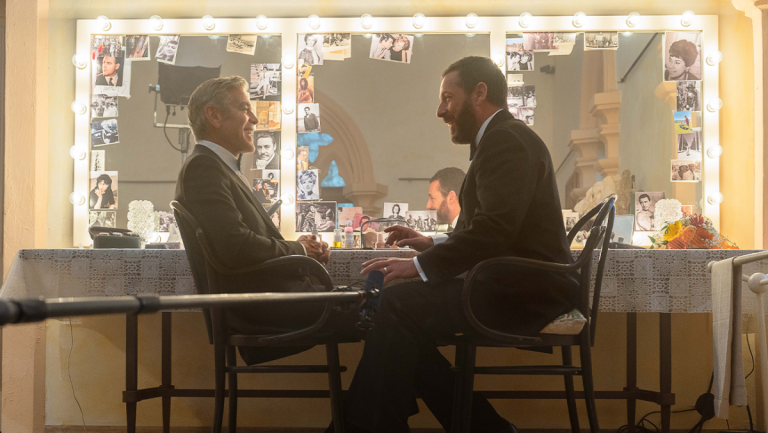Over the years, the Cannes Film Festival has consistently heralded the debut of visionary and enigmatic films. On the same note, Mo Harawe’s feature film was selected under the Uncertain Regard section this year, making it the first Somali film to be chosen at Cannes. The question is, does the movie live up to its title, “The Village Next to Paradise,” which ensures that we are cheered up and feel contented?
The film opens by acquainting us with Mamargade, a man who is shown working various jobs to make ends meet. He has a sister named Araweelo. She has a fond interest in sewing and a son named Cigaal. They all live together in Paradise Village, in the heart of Somalia. The reality encircling these individuals is far from cheerful and harmonious, as every step and decision they make is met with immense barriers. The narrative is structured around the protagonists’ survival strategy, their innate resilience, and the unexpected surprises that lay ahead for them.
Director Mo Harawe reveals how the emotional upheaval brought on by Somalia’s political unrest and poverty is disrupting the community’s everyday activities. We see Mamargade’s indignation when his wages are not paid on time and how he is forced to follow his boss’s commands even if he does not want to. Furthermore, he falls into a downward spiral of misfortune that results in accusations and pointless disagreements. Araweelo is also impacted by the chaos.
Compared to Mamargade, Araweelo is more affected by this struggle since she has to deal with more complex problems, including relationships and debt. Anab Ahmed Ibrahim brilliantly portrays a woman in emotional agony who is unable to find joy in any moment of life. Cigaal, who lives in his own bubble of imagination, also lands into a form of depression upon knowing that he will be sent to a boarding school, which separates him from his father. The film gives a profound outlook on how difficult decisions due to financial constraints and inflation could ruin dreams and trust in the community.
“The Village Next to Paradise” also depicts the elements of death and loss from a variety of perspectives. Mo Harawe skillfully depicts death as a sign of misery among the people, which seems to be a very regular, everyday occurrence for them. In this section, Araweelo’s ex-husband takes center stage in a collection of memoirs about death. Viewers will see Araweelo quickly recount the circumstances surrounding her parents’ deaths, and then Mamargade tells him his story of his neighbor’s death. Each Somali has a tragic narrative to talk about a loved one’s death, and every story of death has an unsettling horror to it. Discussions over cremation and burial practices have developed into a business, which makes the rising death rate in Somalia abundantly evident.
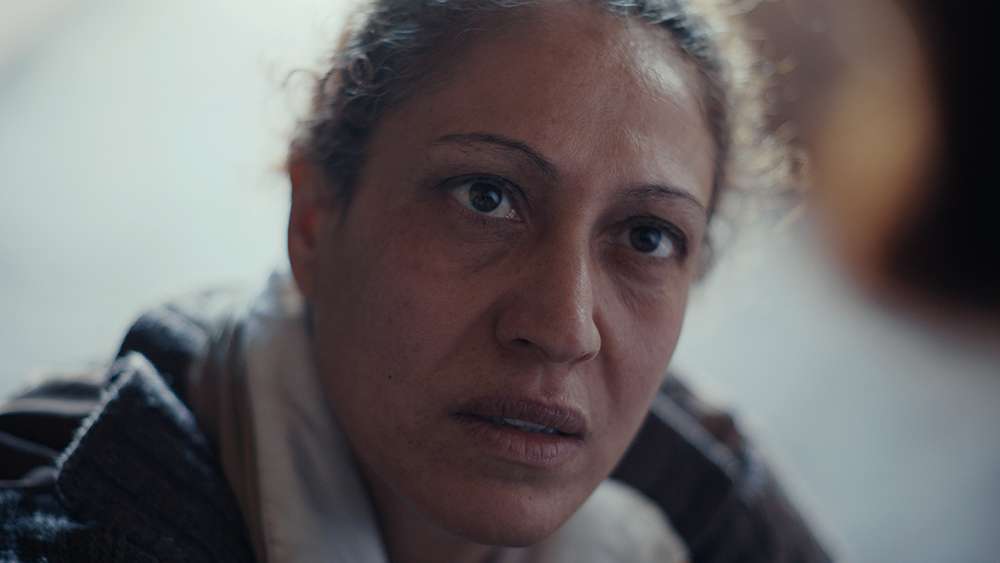
One point to note is a memorable segment where Cigaal speaks about family members to his boarding schoolmate over dinner. Despite being a short segment, it is perhaps one of the most emotional scenes in the film. The children’s innocence in the face of unforeseen tragedies and hopelessness was clear, and the pace at which they delivered those lines to one another is what makes this story compelling. Ahmed Mohamud Saleban, the young actor, deserves praise for his stunning performance.
Many perplexing thoughts surface as the movie progresses. Why did Mamargade steal some of his sister’s money from her box without telling her the truth? How could Mamargade possibly overlook paying a visit to his son at the boarding school? For what reason did Araweelo remarry her ex-husband in order to secure a loan? Why does Cigaal eagerly anticipate telling his classmate about his dreams? Why isn’t the Somali community receiving adequate humanitarian aid? What are the Somali government’s progressive moves to reduce inflation and stabilize political unrest in Somalia?
“The Village Next to Paradise” is a groundbreaking film that exposes the verge of being on the means of survival, showcasing how money and security are important aspects of a society. Decisions turn into a luxury, and poverty breeds desperation. The ongoing complexity of issues with pay wages eventually affects the rice bowl and causes frustration. Director Harawe employs a deceptive usage of the word “Paradise,” which is reflected as a metaphor for dreams limited to the imagination. Yet, Somalia’s windy and sandy breeze doesn’t stop the community from expanding their dreams, even if it seems very difficult to handle.
Ultimately, viewers would be immersed in a secluded world of despair and endurance. We will remember the eyes that carry all the burden and misery, striving to achieve something like a paradise within their reach. Be it the eyes of a man driven by responsibilities and determination, the eyes of the woman who finds the truth and ways of fulfilling her desires, or the eyes of a boy who wants nothing but a shoulder to lean upon. Mo Harawe has undoubtedly created a captivating film that will linger in our memories for years.

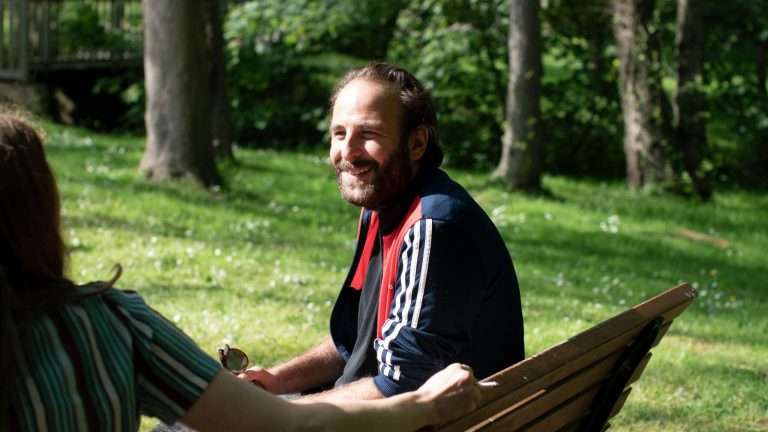

![Death Of Insane (Unmadiyude Maranam) [2019]: ‘HFF’ Review – An abstract satire on Moral Policing and Censored Art](https://79468c92.delivery.rocketcdn.me/wp-content/uploads/2019/05/Death-Of-Insane-Unmadiyude-Maranam1-768x512.jpg)
